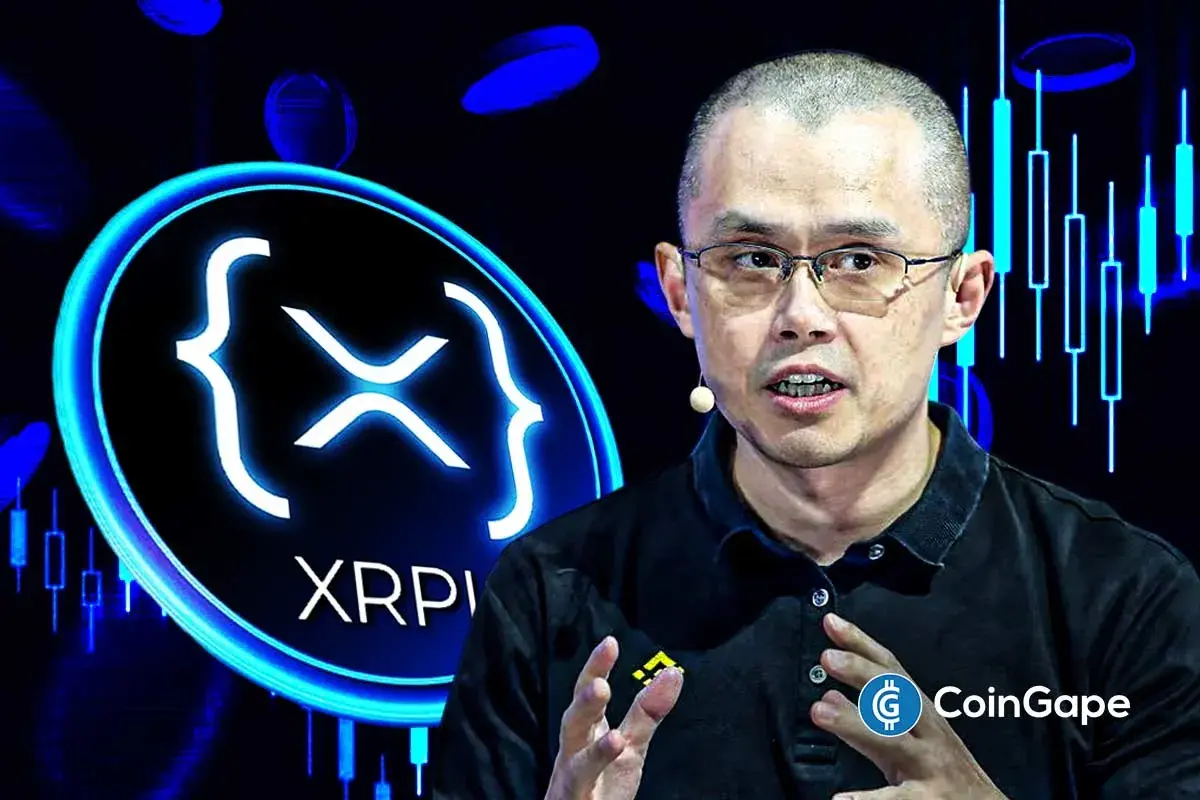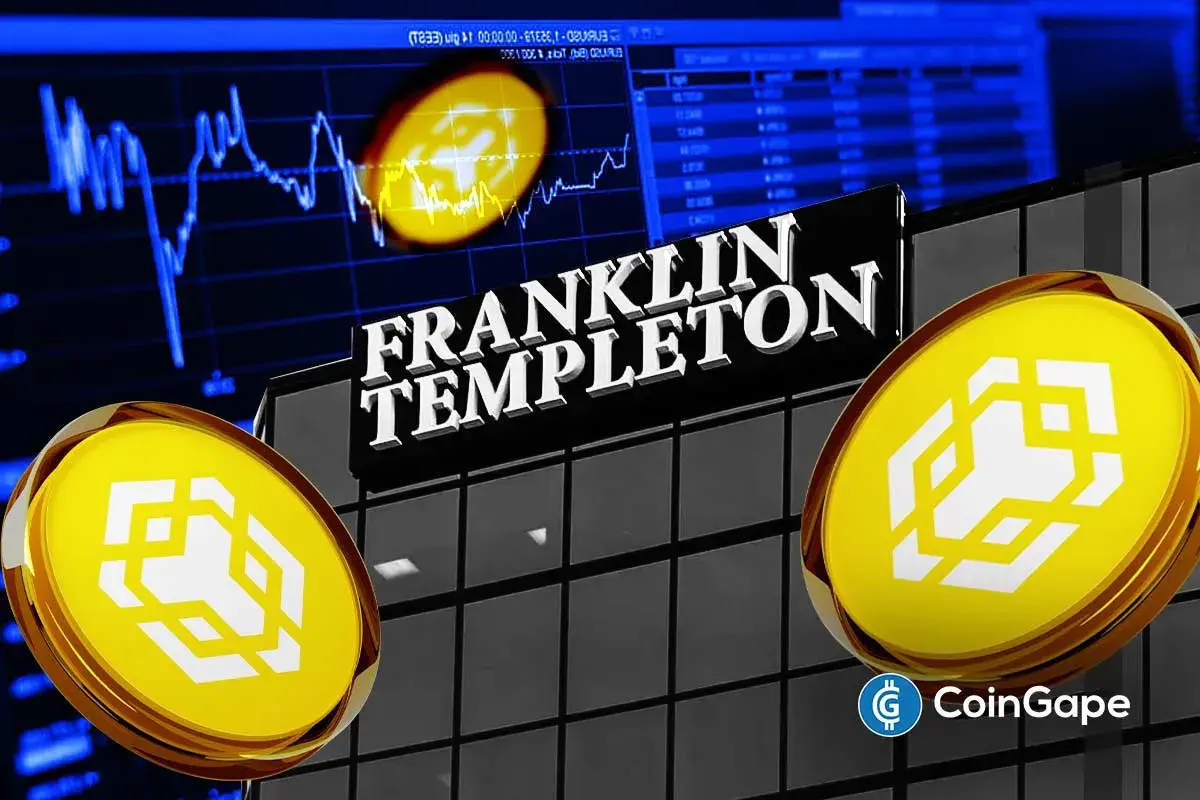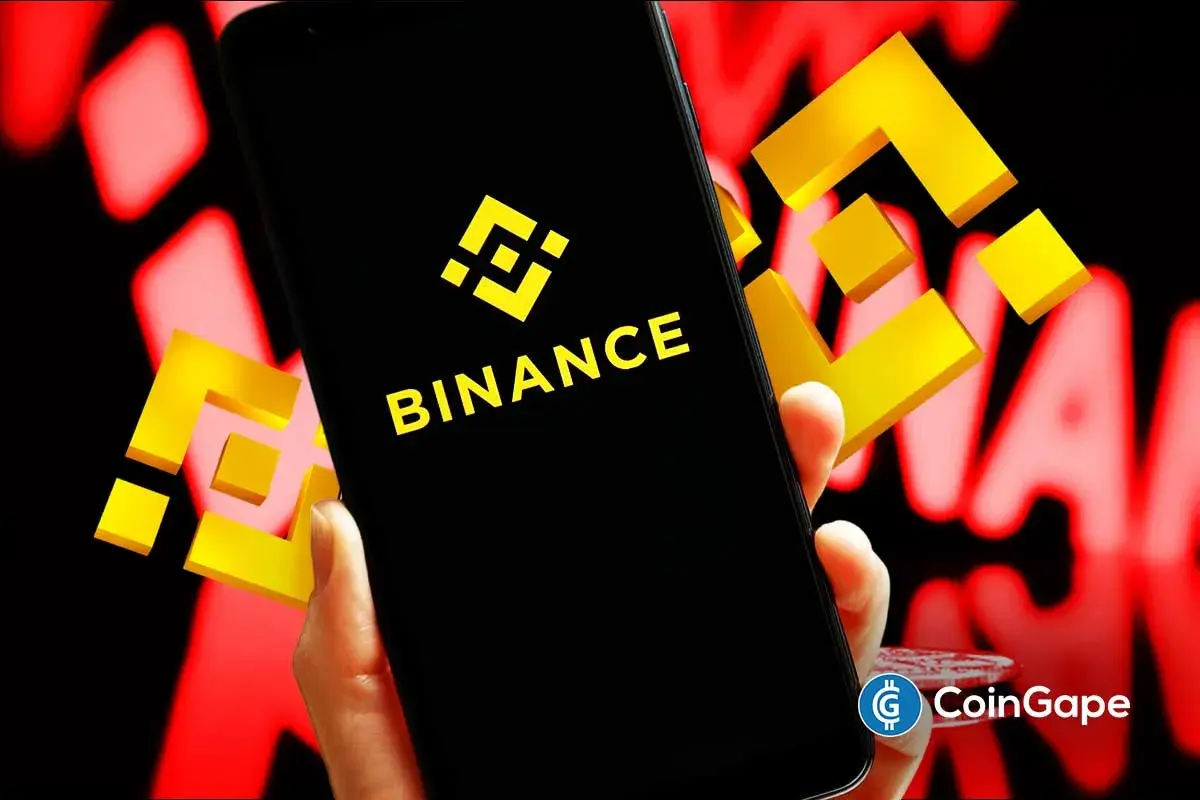Binance Counters US SEC With Ripple Ruling, Says Wahi Case Is Bad Precedent

Highlights
- Binance asks the court to reject the US SEC's notice of supplemental authority of the Wahi default judgment
- Judge Torres' decision in SEC v Ripple Labs is not mentioned in the Wahi case that clarify investment contracts status
- The revival of a class action lawsuit against Binance and its founder Changpeng Zhao raises concerns
Defendants Binance, Binance.US, and co-founder Changpeng “CZ” Zhao have filed a joint response to plaintiff U.S. Securities and Exchange Commission (SEC) trying to emphasize the relevance of default judgment in Coinbase insider trading case SEC v. Wahi in the Binance lawsuit.
Binance Response to US SEC’s Supplemental Authority
In a court filing late March 8, Binance Holdings submitted a response to the U.S. SEC’s notice of supplemental authority. Binance attorneys said the Wahi default judgment came in response to no opposition by defendant Sameer Ramani in the Coinbase insider trading case and the decision simply recited the SEC’s statutory arguments.
Moreover, Judge Torres’ decision in SEC v Ripple Labs was not mentioned in the Wahi case. Judge Torres rejected the SEC’s claim that blind sales of crypto tokens are “investment contracts”. Wahi case also missed the D.C. Circuit’s decision in SEC v. Life Partners.
CFTC Commissioner Caroline Pham condemned the broader classification of digital assets as securities by the SEC in 2022. Moreover, the SEC settled the lawsuit with other defendants in the Wahi case after they challenged the SEC’s interpretation of the securities laws.
Binance requests the court to reject the SEC’s attempt to leverage a default judgment in response to a joint motion by Binance to dismiss the lawsuit.
Moreover, Coinbase CLO Paul Grewal has already denied that default judgment in Wahi lawsuit is not a valid precedent for other lawsuits or claiming jurisdiction over the crypto industry.
Also Read: Terra Luna Classic’s Next Big Upgrade, Will Futures Back LUNC Price to $0.0005?
Binance Faces Another Classic Action Lawsuit
The Second Circuit Court of Appeals on Friday revived a class action lawsuit against Binance and its founder Changpeng Zhao reversing a lower court ruling of dismissing the case. Crypto investors alleged that they purchased securities from Binance including the ERC-20 tokens EOS, TRX, ELF, FUN, ICX, OMG, and QSP, when Binance used Amazon servers.
While the ruling doesn’t mention whether certain crypto tokens are securities, this case can resurrect some critical issues concerning the jurisdiction and the territorial reach of US securities laws.
Moreover, the ruling revived at a time when judges need clarity on whether secondary market trading of digital assets alleged to be securities, as ruled in a default judgment in the Wahi case, can also have implications.
Also Read: Worldcoin (WLD) Price Soars 45% As Sam Altman Welcomes OpenAI Board Members
- CLARITY Act: Banks and Crypto Make Progress Following “Constructive” Dialogue at White House Meeting
- Expert Warns Bitcoin Bear Market Just In ‘Phase 1’ as Glassnode Flags BTC Demand Exhaustion
- SEC Chair Reveals Regulatory Roadmap for Crypto Securities Amid Wait for CLARITY Act
- ProShares Launches First GENIUS Act Focused Money Market ETF, Targeting Ripple, Tether, Circle
- BTC Price Falls as Initial Jobless Claims Come In Below Expectations
- Top 3 Price Predictions Feb 2026 for Solana, Bitcoin, Pi Network as Odds of Trump Attacking Iran Rise
- Cardano Price Prediction Feb 2026 as Coinbase Accepts ADA as Loan Collateral
- Ripple Prediction: Will Arizona XRP Reserve Boost Price?
- Dogecoin Price Eyes Recovery Above $0.15 as Coinbase Expands Crypto-Backed Loans
- BMNR Stock Outlook: BitMine Price Eyes Rebound Amid ARK Invest, BlackRock, Morgan Stanley Buying
- Why Shiba Inu Price Is Not Rising?
















